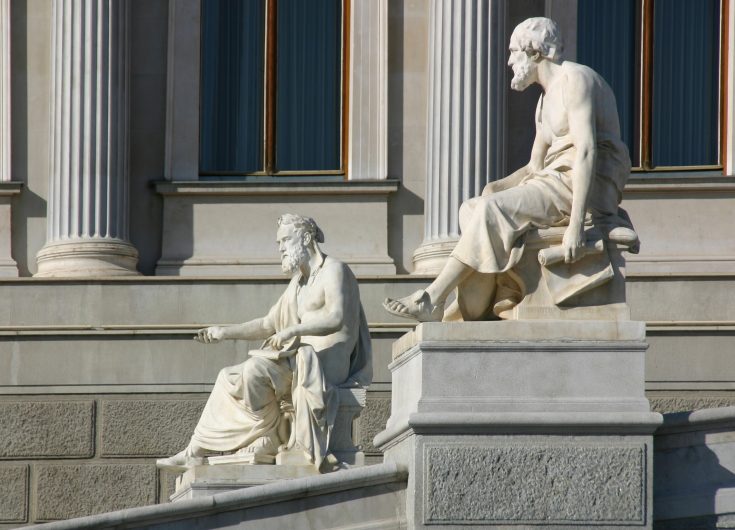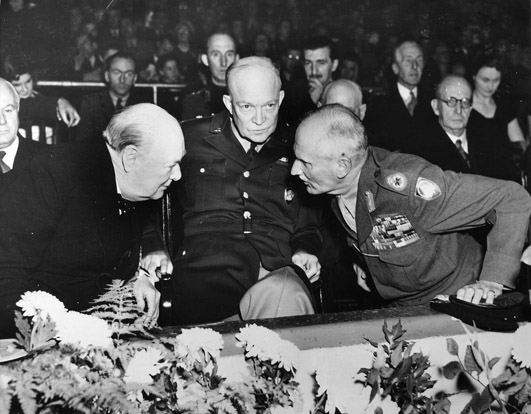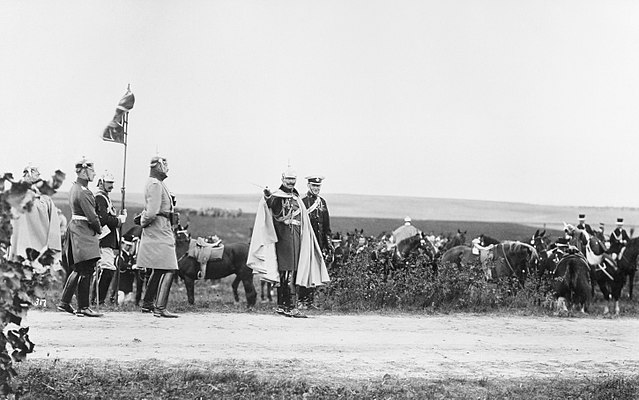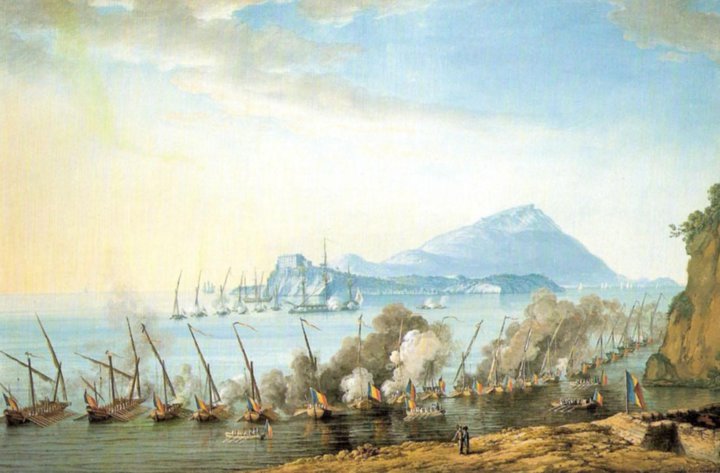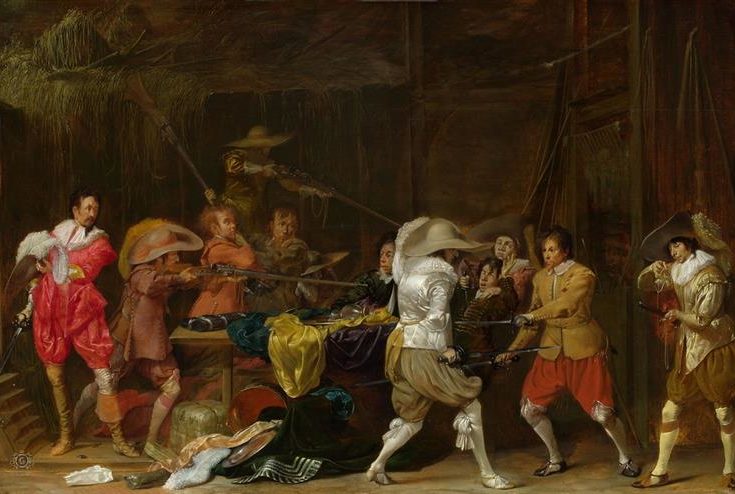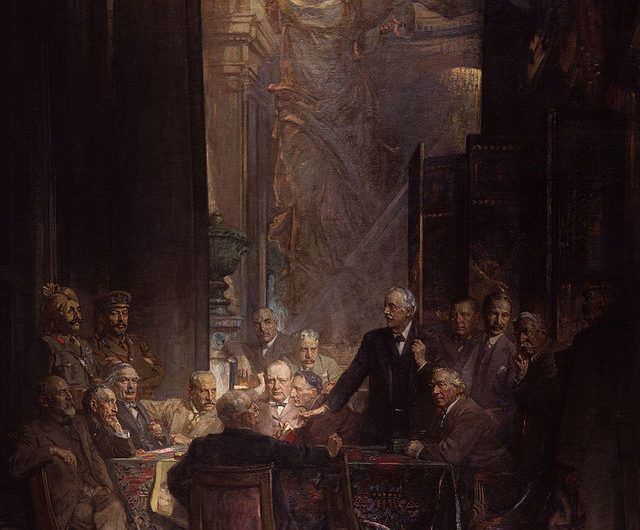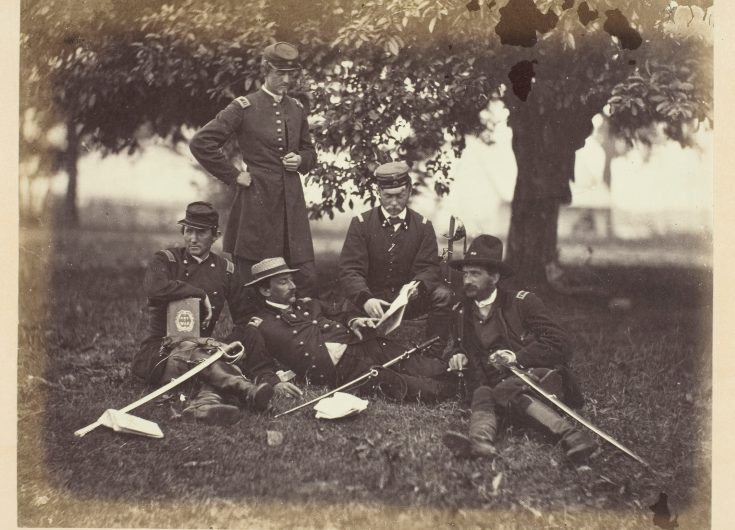February 09, 2022
As a history of naval war Influence makes for dull reading. Rather, Mahan is interested in the more fundamental relationship between national primacy and the sea. Without commerce, territorial infrastructure, and political will, naval preponderance is unsustainable. Momentary superiority in tonnage or deployable warships often masks a deeper brittleness. As Mahan puts it when discussing the War of the Spanish Succession: “The sea power of England therefore was not merely in the great navy, with which we too commonly and exclusively associate it; France had had such a navy in 1688, and it shriveled away like a leaf in the fire.” In this respect, Mahan actually shares a great deal with later critics who highlight the importance of a dynamic economy as the ultimate source of national or imperial power. Today, U.S. strategists concerned with the vulnerability of sea lines of communication, a retreat from global commitments, or the hollowing out of the domestic industrial base, could find common cause with Mahan’s logic. Without those elements of Sea Power, pure military or naval strength is a colossus with feet of clay.
